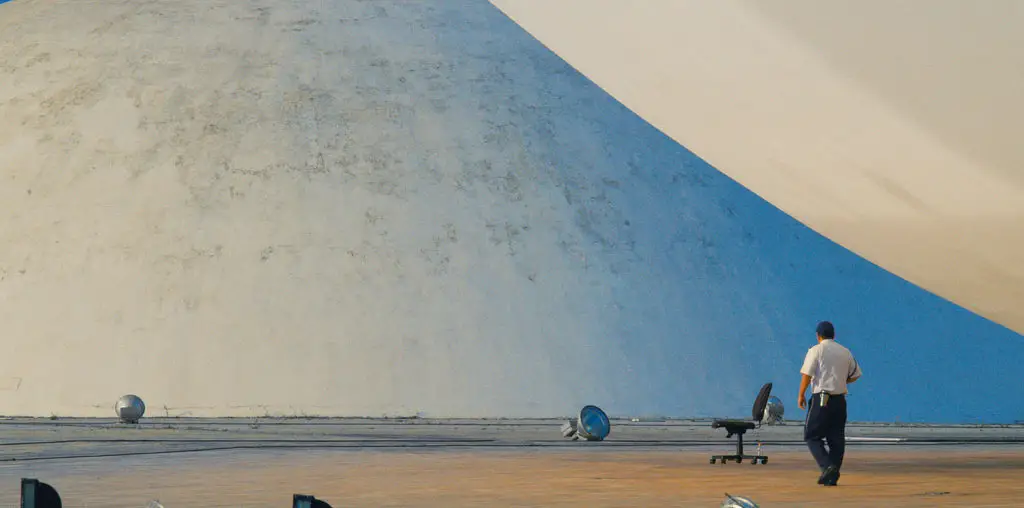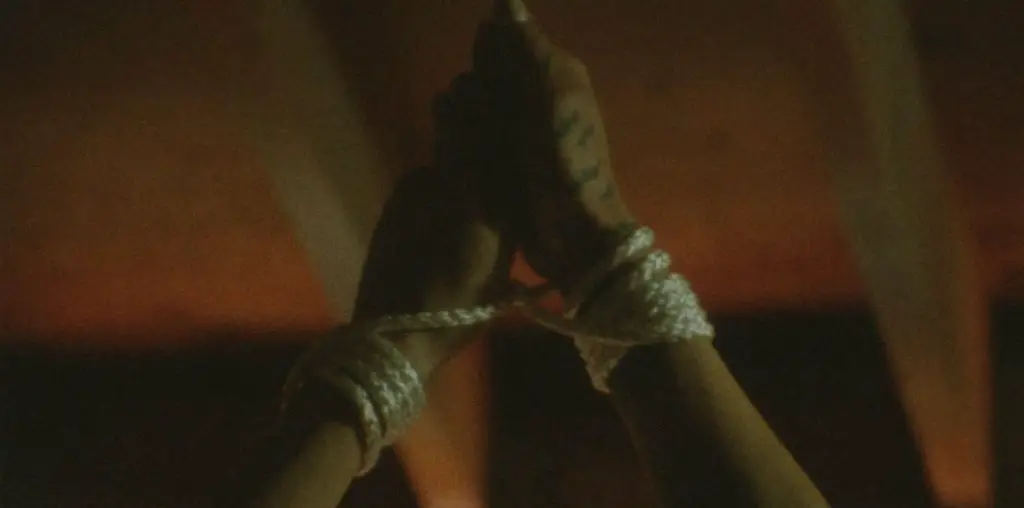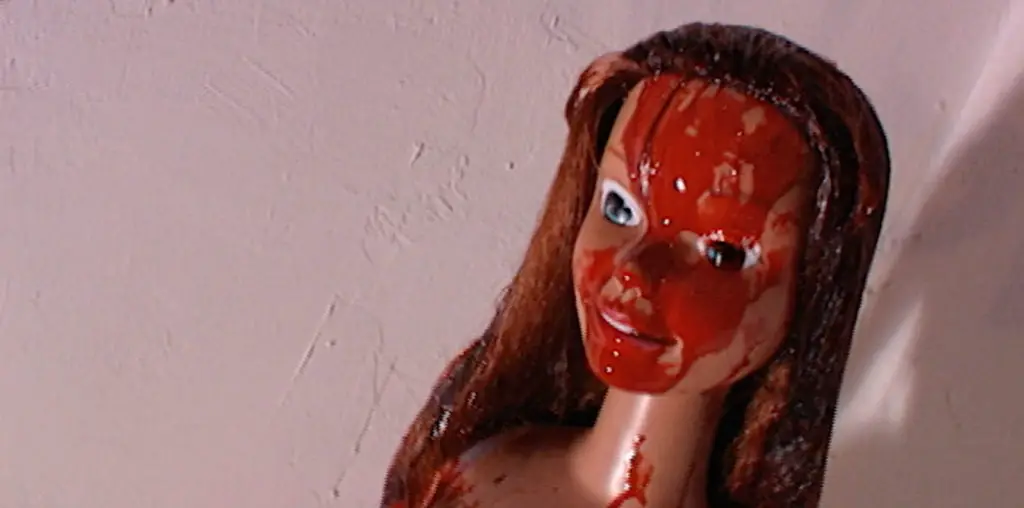
This slender documentary, originally produced for British television, provides a Swiss cheese version of the life of actor-singer-activist Paul Robeson.
To its credit, the film provides rarely seen newsreel footage of Robeson’s visits to the Soviet Union and details his curious silence in denouncing the brutality of Stalin’s regime – particularly the persecution of Russian-Jewish artists whom Robeson considered as dear friends. The film also details Robeson’s high-visibility support of the rights of the impoverished coal miners in Wales, and his activism on their behalf (beginning in the 1930s) provided a pioneering example of a celebrity lending his star power to the cause of socio-economic injustice.
But to its discredit, the film glosses over significant episodes of Robeson’s life and career. Except for a few clips from “Sanders of the River” and “The Proud Valley,” his film career is completely ignored. Nor is there any footage presented of Robeson in concert. The film also incorrectly states that Robeson was unable to leave the United States between 1950 and 1958, when the State Department seized his passport – he actually performed two concerts in Canada in 1956.
The film also rewrites history by softening Robeson’s passionate embrace of the Soviet Union and communism. There is no mention of his receiving the Stalin Peace Prize or his eulogy to Stalin entitled “To You, Beloved Comrade.” In 1956, Robeson was quoted as insisting the Hungarian uprising against Soviet domination was inspired by American agents; the film never mentions that astonishing statement.
Even more amazing is the film’s insistence that Robeson had been erased from the American cultural history and few people remember him today. That statement just cannot be taken seriously.
Despite its good intentions, the film is ultimately valueless. Those who wish to learn more about Robeson are advised to look elsewhere.


